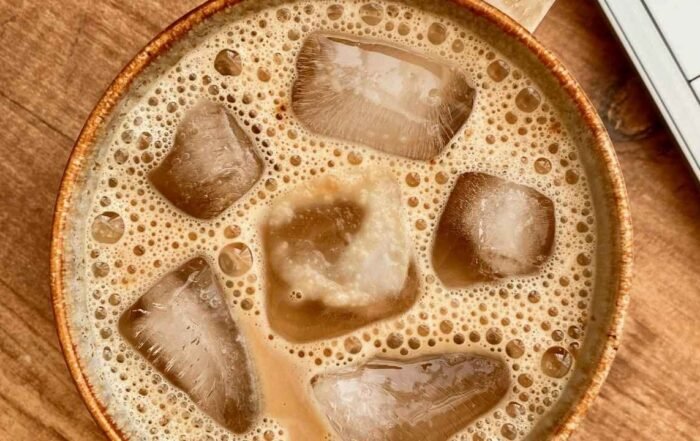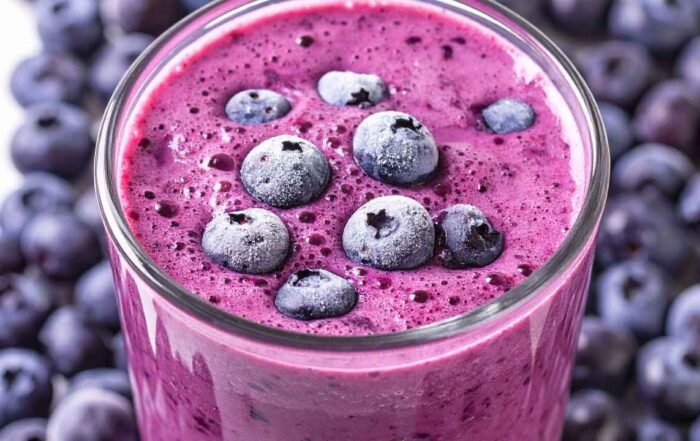
Coffee has evolved from just a morning ritual to a frequent tool in many people’s weight reduction quest. You may have heard assertions that coffee helps you lose weight faster, burns fat, or speeds up your metabolism. Coffee-based diet regimens, unique “diet coffee” goods, and never-ending arguments on whether your daily cup helps or hinders your objectives have all come from these ideas
What actually is true, though? Should you be more cautious about when and how you consume coffee or can your daily coffee consumption help to complement your diet? We’ll investigate popular coffee diet fads, the genuine science underlying coffee and weight reduction, and compare caffeine sources to enable you to make wise decisions about coffee fitting into your eating plan.
Is Coffee Good for Diet and Weight Management?
Is coffee good for diet? Yes, although it is not a miracle solution, coffee can be quite useful for weight control. The secret is in your consumption and preparation of it. Drinking coffee the right way provides various advantages that can advance your dietary objectives without subtracting useless calories or interfering with your progress.
Many people assume a straightforward link between coffee and weight reduction; however, it’s more complex. Although coffee itself has qualities that could aid in weight control, the additions you include in your cup might easily convert a diet-friendly beverage into a calorie bomb. Anyone wanting to include coffee in their weight reduction plan must first grasp this balance.
Is Coffee Good to Drink on a Diet?

Simple answer for “is coffee good to drink on a diet” coffee can be a great beverage on a diet. With just 2 to 5 calories per cup, black coffee is practically calorie-free. The few hours of appetite suppression coffee can provide might enable you to eat less during meals. Research further reveals that caffeine can momentarily increase your metabolic rate by 3-11%, so you burn a bit more calories even at rest.
Is Coffee Healthy for a Diet Long-Term?
Coffee offers a number of health advantages that help to guarantee success of a long-term diet. It’s full of anti-inflammatory antioxidants that could guard against some disorders. Caffeine’s energy increase can aid you in staying active and following your workout schedule.
Loading your coffee with sugar, heavy cream, or flavored syrups, however, rapidly adds hundreds of calories and sugar to your daily intake, hence counteracting your dietary objectives. So the answer to the question: is coffee healthy for a diet, is selectively yes.
What Is Diet Coffee?
Diet coffee is a term for specially created coffee goods sold specifically for weight reduction. These goods offer more than just regular coffee by including components that companies say will accelerate metabolism, suppress hunger, or enhance fat burning. Health stores, internet websites, and perhaps even ordinary grocery stores will carry these products.
The term “diet coffee” can be confusing because it encompasses different types of products with varying ingredients and approaches to weight loss. That’s why you need to know what is diet coffee?

Understanding the Concept of “Diet Coffee”
Usually composed of regular coffee beans, diet coffee products include extra ingredients like green coffee extract, garcinia cambogia, chromium, or added fibers. Some companies provide metabolism enhancers or appetite suppressants. Usually sold as instant mixes, ground coffee combinations, or even coffee pods for usage in your regular coffee maker, these goods
Are Diet Coffee Products Effective?
Research on the majority of these unique combinations is scant and the efficacy of diet coffee products ranges greatly. Although some individual components could slightly affect metabolism or hunger, there is no compelling proof that these products by themselves provide notable weight reduction. Not as alone solutions, most nutritional professionals believe diet coffee products work best when supplemented by a consistent exercise program and a balanced diet.
Does the Coffee Diet Work?
As a systematic way of using coffee for weight reduction, the coffee diet has attracted interest. Like other dietary fads, it has detractors and advocates. Knowing what this diet truly entails can help you choose whether it is something worth trying or whether you would be better off with a different approach.
Not just the coffee intake component, but rather mostly the person and how well they can adhere to the whole plan determines the success of any coffee-based diet plan. So the answer to the question: does the coffee diet work is simply yes, it works.
What Is the Coffee Diet Plan?
Usually following the coffee diet, one drinks three cups of coffee each day, one with each meal. Usually limiting daily calories to about 1,200–1,500, the strategy highlights the appetite-suppressing qualities of caffeine. Some variations of the diet recommend particular coffee brewing techniques or include precise meal plans.

Potential Pros and Cons
Some people who follow the coffee diet could find themselves eating less overall and experiencing less hunger between meals. The caffeine can provide energy for workouts and daily activities. Large quantities of coffee, however, might produce side effects including stomach upset, sleeping problems, increased anxiety, or caffeine dependence.
Many coffee diet plans have severe calorie restrictions that can be difficult to sustain long-term and may slow down your metabolism over time.
Caffeine Comparison: How Much Caffeine in Diet Coke vs Coffee?
Knowing the many caffeine sources helps you to make wise decisions while you are monitoring your diet. That’s why you must know how much caffeine in diet coke vs coffee? Dietary Coffee Though they are two widely consumed caffeinated beverages, Coke offers actually rather different nutritional profiles. Choosing which one fits best into your diet depends on the caffeine content and other components in each.
Your energy levels, sleep quality, and possible diet advantages all depend on the caffeine intake you consume daily.
Caffeine in a Standard Cup of Coffee
Though this can vary from 70-140 mg depending on the brewing technique and coffee kind, a typical 8-ounce mug of coffee has around 95 mg of caffeine. Espresso-based beverages range depending on the number of shots they contain; dark roasts usually contain a little less caffeine than light roasts.
Caffeine in Diet Coke
With roughly 46 mg of caffeine, a 12-ounce Diet Coke can has around half the quantity in a mug of coffee. Diet Coke has artificial sweeteners, preservatives, and other additives coffee lacks, even if it is calorie-free. Diet Coke’s caffeine also often gets absorbed faster than that of coffee.

Which Is Better on a Diet?
For dieters, coffee usually has more advantages than Diet Coke. Diet Coke mostly provides caffeine without extra nutrients; coffee offers antioxidants and may have metabolism-boosting qualities.
Other Coffee-Related Tips for Dieters
Adding coffee into your meal plan successfully involves more than just understanding what to fill your cup with. Staying on track with your health objectives depends on your knowledge of your personal tolerance, balance, and avoidance of frequent errors. It also helps you to maximize your coffee consumption.
Portion Control and Caffeine Sensitivity
Most adults can safely drink two to three cups of coffee each day; however, personal tolerance differs. Note how coffee affects you; lesser doses might cause jitters, anxiety, or fatigue crashes for some people. Should you experience these symptoms, cut back on your consumption or choose decaf for some of your daily cups. Caffeine lingers in your system for 6 to 8 hours; thus, timing is essential.
Don’t Rely on Coffee Alone
Coffee is not a replacement for good eating practices or consistent exercise; rather, it can help you reach your dietary goals. Eat balanced meals including protein and veggies, drink lots of water throughout the day, and keep yourself active. Coffee is not a magical cure on its own; rather, it works best as part of a whole strategy for health.
Final Thoughts: Is Coffee a Diet-Friendly Drink?
When you approach it wisely, coffee can be quite a useful complement to your diet. The secret is to remember that coffee complements rather than replaces good diet, to keep your preparation straightforward, and to time your intake sensibly. The ideal mix of advantages without extra calories comes from black coffee or coffee with few additions.
Monitor how your body reacts to coffee and make adjustments. Find the strategy that best suits your lifestyle and health needs; what works for one person could not work for another. Used wisely, coffee may supplement your daily routine and be a great instrument for achieving your dietary objectives.









